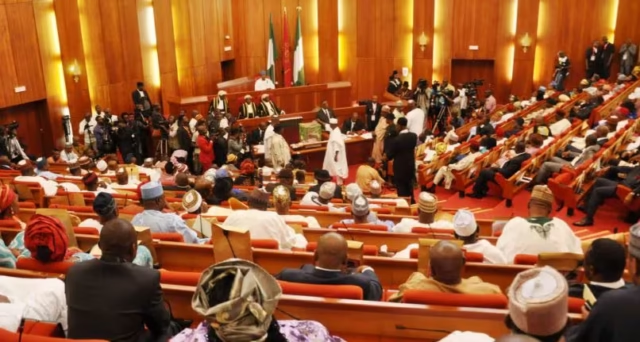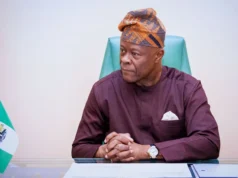Breaking: NASS Approves N54.9trn for 2025 Spending
It comprises the following outlay in the national budget: 3.6 trillion Naira for statutory transfers, 14.3 trillion Naira for debt servicing, 13.6 trillion Naira for running recurrent non-debt expenditure, and 23.9 trillion Naira for capital expenditure.
Earlier, President Bola Ahmed Tinubu had written to demanded an increase in the budget proposal from the initial N49.7 trillion to N54.2 trillion.
The review, he said, was as a result of additional revenue generated by the core agencies of government.
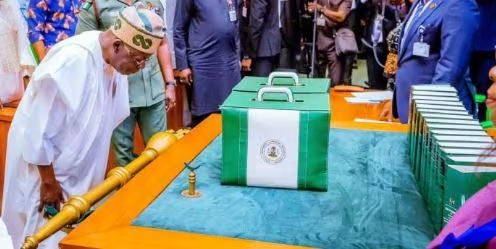
The approval for the budget followed the presentation of the reports by the Senate and House Committees on Appropriations during plenary Thursday.
Presenting the report, the Chairman of the Senate Committee on Appropriations, Senator Olamilekan Adeola (APC, Ogun), and his House counterpart, Abubakar Bichi (APC, Kano), said: “The House receives the report of the Committee on Appropriations for the Bill of an Act to authorize the issuance of the total sum of N54.9 trillion from the Consolidated Revenue Fund of the Federation.
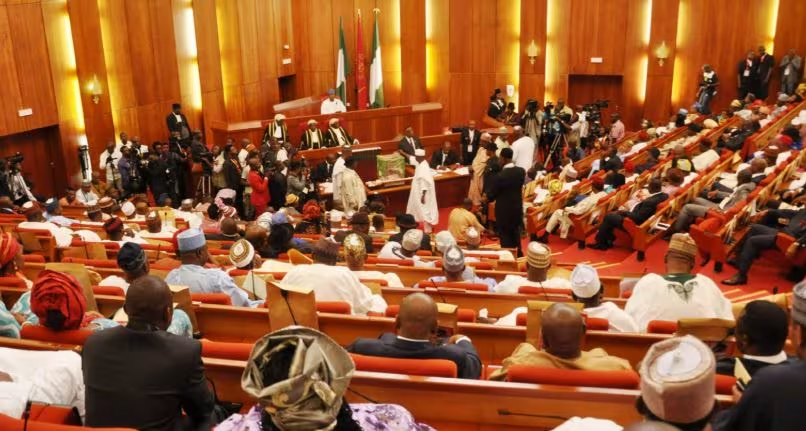
“This includes N3.6 trillion for statutory transfers, N14.3 trillion for debt service, N13.6 trillion for recurrent (non-debt) expenditure, and N23.9 trillion for the Development Fund for capital expenditure for the year ending December 31, 2025.”
Meanwhile, the Chairman of the Appropriation Committee, Abubakar Bichi, has linked the rise of ₦700 billion in the 2025 budget to the withdrawal of American health support and the necessity for funding important infrastructural projects throughout Nigeria.

In a statement, Bichi said that the health assistance of the US government to some countries,
including Nigeria, was recently suspended, thus justifying the need for extra resources to complement the sector.
According to Bichi, the president requested to raise an additional $200 million (approximately ₦300 billion) for health programs such as tuberculosis, HIV, malaria, and polio. He further explained that an executive proposal defined the budget estimate to be around ₦340 billion for health and other priority sectors.
“When combined, this totals around ₦640 billion,” he noted. Further increases in request budget allocation to the sum of ₦700 billion were made by several other federal agencies, including INEC, NFYU, DSS, and many others.
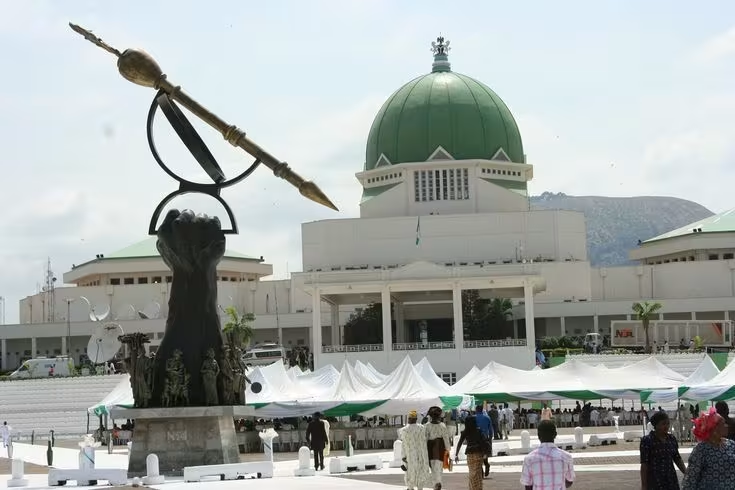
The budgetary expansion would also help address Nigeria’s deficit in public capital expenditure, now over at ₦23 trillion. The additional funds will support:
Naijaeyes Report
Join Our Social Media Channels:
WhatsApp: NaijaEyes
Facebook: NaijaEyes
Twitter: NaijaEyes
Instagram: NaijaEyes
TikTok: NaijaEyes


